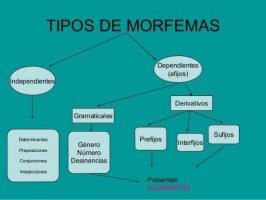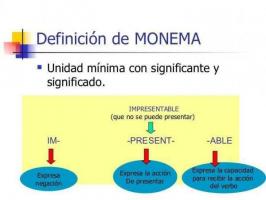Simple sentences according to the nature of the predicate
In this video we will see the types of simple sentences according to the nature of the predicate or the verb, that is, according to the semantic or meaning characteristics of the verb and its relationship with the complements. These are the predicative and attributive sentences.
First of all, you will have to remember that they exist two types of predicate in sentences: the nominal predicate (verbs to be, to be and to appear) and the verbal predicate (with the rest of verbs). According to this, we will find two types of simple sentences:
- copulative or attributive sentences: They have the following characteristics: they carry the verbs to be, to be or to appear; the most important element of the predicate is the attribute and the verb is abstract (it has almost no meaning).
- predicative sentences: they have the following characteristics: with the rest of verbs; the verb is the most important word of the predicate and the verb according to its meaning selects the complements that accompany it.
The attributive or copulative sentences Always will be active. Instead, predicative would be active or passive. We will discuss this in greater depth in the following videos.
You will understand this explanation much better with the video and its examples. In addition, you can practice what you learned in this lesson thanks to our printable exercises with their solutions that I have left you on the web.



